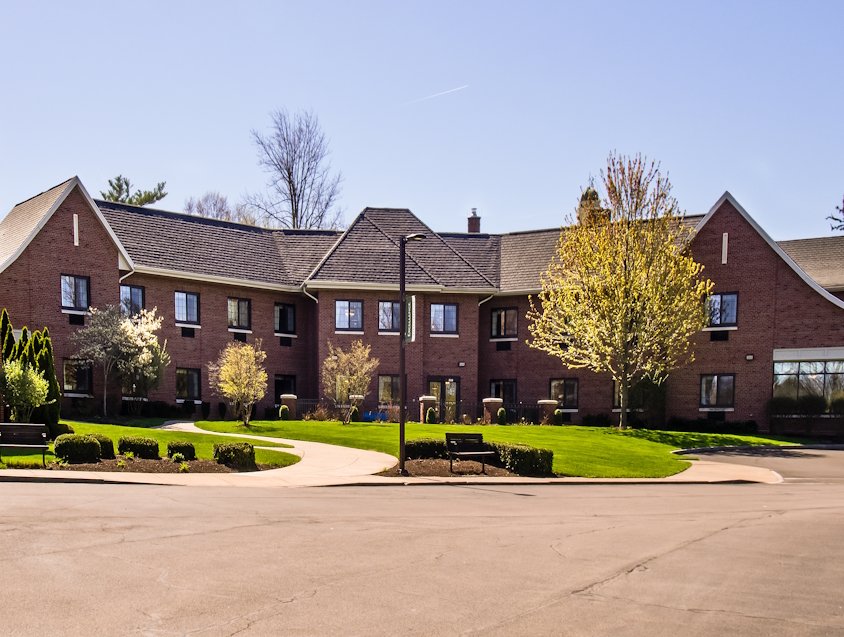Understanding the Unyielding Reality of Dementia: Planning for the Financial Costs Ahead
Dementia, a progressive cognitive disorder that impairs memory, thinking, and behavior, poses a significant challenge not only to those affected but also to their families and society at large. Despite significant advancements in medical science, there remains a stark reality: dementia has no cure. This immutable fact underscores the importance of planning for the financial costs associated with this condition.
### The Harsh Reality
Dementia, including its most common form, Alzheimer’s disease, affects millions of individuals worldwide, with numbers expected to rise as populations age. While medical treatments and interventions can help manage symptoms and slow progression, they cannot halt or reverse the underlying damage to the brain.
This reality places an immense burden on families and caregivers. As the condition progresses, individuals with dementia often require increasing levels of care, ranging from assistance with daily activities to specialized nursing care. These services come at a significant financial cost, which can quickly deplete savings and strain family resources.
### The Financial Toll
The financial implications of dementia extend far beyond medical expenses. They encompass various aspects, including:
1. **Medical Care:** Dementia necessitates frequent medical appointments, medications, and potentially hospital stays. These expenses can quickly accumulate, particularly as the condition advances.
2. **Long-Term Care:** Many individuals with dementia eventually require long-term care, either in assisted living facilities or nursing homes. These facilities provide around-the-clock supervision and support, but they come with a hefty price tag, often exceeding tens of thousands of dollars annually.
3. **Home Modifications:** As dementia progresses, individuals may require modifications to their living environment to ensure safety and accessibility. This could involve installing handrails, ramps, or other assistive devices, all of which come with associated costs.
4. **Caregiver Support:** Family members who take on the role of caregiver often face financial challenges themselves. Balancing caregiving duties with employment can result in lost wages or the need to reduce working hours, impacting household income.
### The Imperative of Planning
Given the profound financial implications of dementia, planning ahead is paramount. Proactive financial planning can help mitigate the impact of this condition on both individuals and their families. Some essential steps include:
1. **Creating a Financial Plan:** Develop a comprehensive financial plan that considers potential long-term care costs. This plan should account for current assets, projected expenses, and potential sources of income, such as pensions or long-term care insurance.
2. **Exploring Funding Options:** Investigate available funding options to cover the costs of care, such as government assistance programs, veterans’ benefits, or Medicaid. Long-term care insurance can also provide financial support, although premiums may be higher for those with pre-existing conditions like dementia.
3. **Establishing Legal Documents:** Ensure that legal documents, such as powers of attorney and advance directives, are in place to designate decision-makers and outline preferences for medical care. Additionally, consider establishing a trust or other estate planning measures to protect assets and facilitate future financial management.
4. **Seeking Professional Advice:** Consult with financial advisors, elder law attorneys, and healthcare professionals who specialize in dementia care. These professionals can provide invaluable guidance tailored to individual circumstances and help navigate the complexities of financial planning in the context of dementia.
### Conclusion
Dementia presents a formidable challenge, both emotionally and financially, for individuals and families. While there is no cure for this debilitating condition, proactive financial planning can help alleviate some of the associated burdens. By understanding the financial implications of dementia and taking proactive steps to plan for the future, individuals can better navigate the challenges ahead and ensure that their financial well-being is safeguarded to the greatest extent possible.








